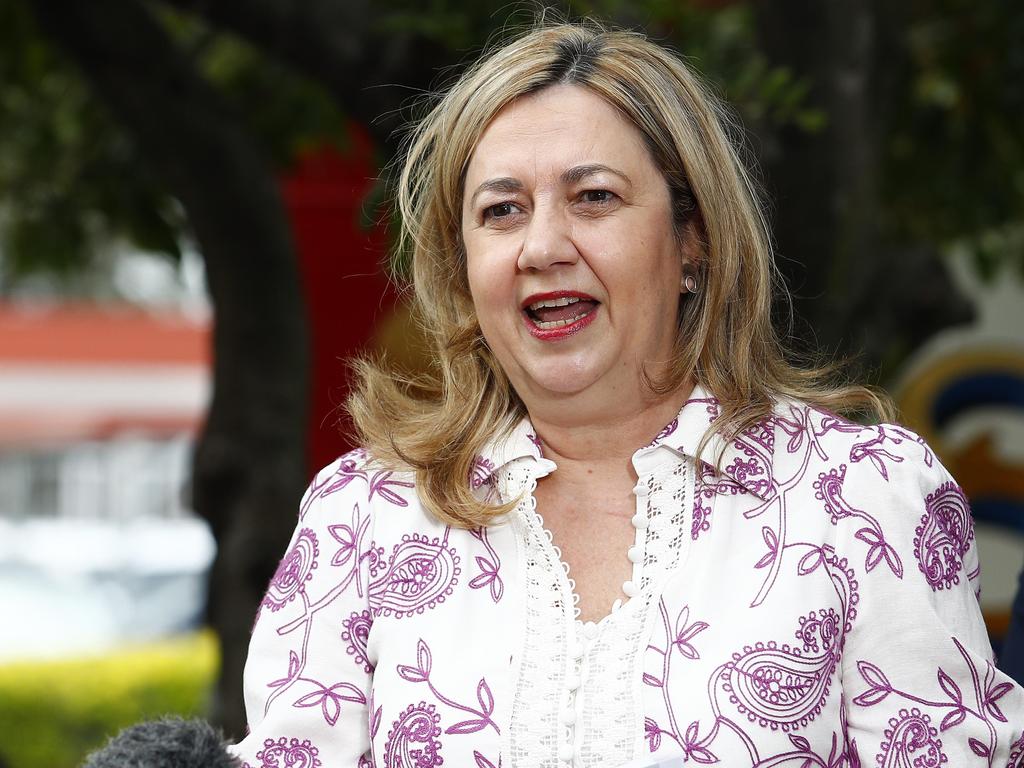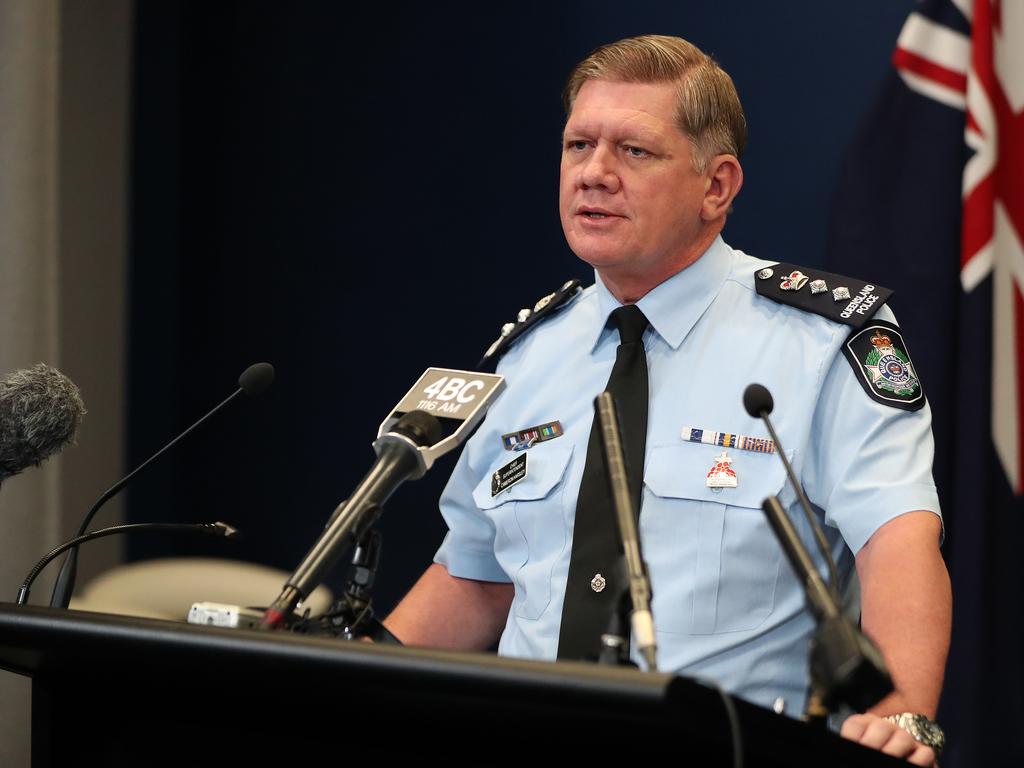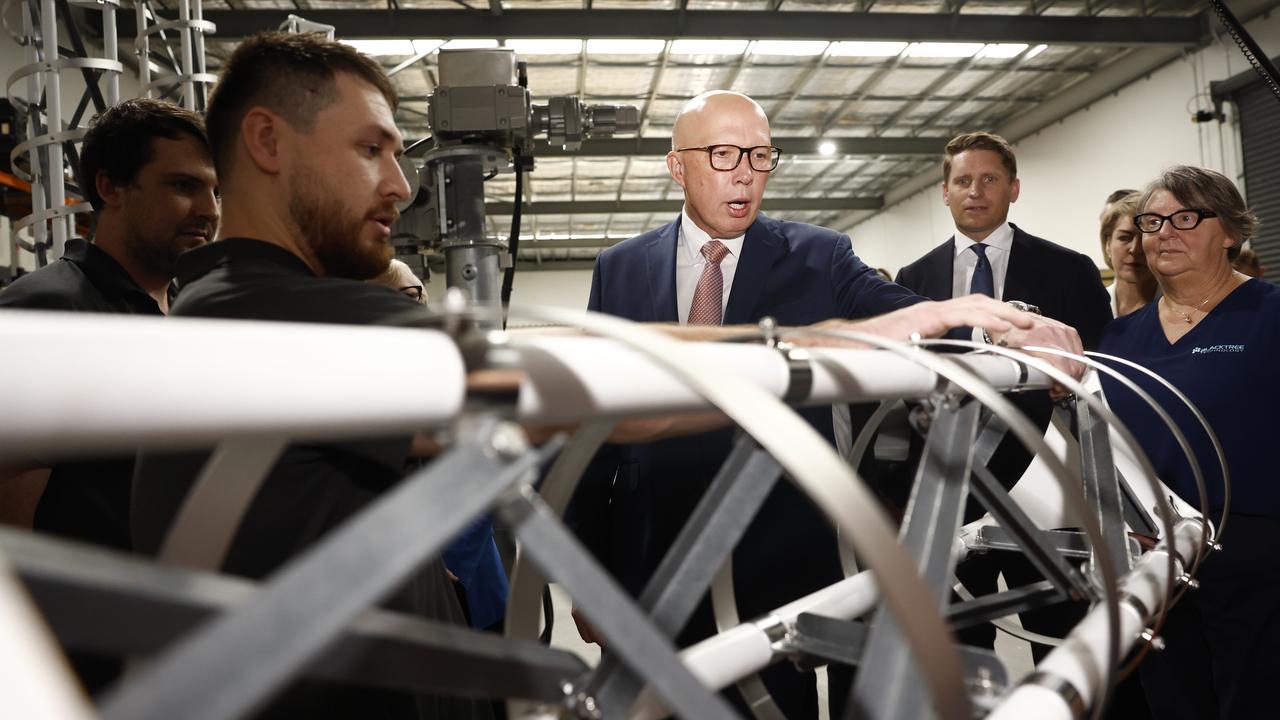Not even out for tender: Queensland gun database delayed again
Queensland still does not have a working digital gun licensing system, nearly five years after police were warned the current regime was risking officers’ lives.

Nearly five years after Queensland was warned its paper-based weapons licensing system was “out of date” and “inaccurate”, the state’s police have failed to even launch a tender process to upgrade it to a digital database, threatening the introduction of a national firearms register.
A scathing Auditor-General report published in 2020 warned the public was being put at risk by a register that was “not fit for purpose”, riddled with errors and missing information, and stopped police officers from being provided real-time information about licensed gun owners.
In response to the investigation, then police commissioner Katarina Carroll told the audit office in October 2020 that Queensland Police was liaising with the state government to start the procurement process, and expected the new system to be in place by the end of 2023. But almost five years later, this has not happened.
In fact, police have still not opened the tender process, with a spokesman telling The Australian that the “QPS is currently preparing for an open tender process to identify a vendor that will help bring these new iterations of the Weapons Licensing Management System to realisation”.
The new system will allow new licence applications and renewals to be submitted electronically.
Currently, many of the forms are paper based, must be mailed to the police, and stop officers from being able to properly track gun owners and their weapons.
Queensland’s sluggishness in introducing a modern digital weapons licensing database throws into question the federal government’s promise that a national firearms register – that allows police to track firearms and those who are licensed to use them in real time – will be running by July 1, 2028.
In December 2023, national cabinet agreed to implement a national register, nearly 30 years after the Port Arthur massacre first sparked recommendations for the reform.
The push was renewed after the shooting ambush deaths of two police constables and a neighbour at a remote Queensland property in December 2022.
At the time, Prime Minister Anthony Albanese described the commitment as “the most significant improvement in Australia’s firearm management systems in almost 30 years (which) will keep Australia’s first responders and community safer”.
A national register relies on each state and territory updating their own system to a digital database that can accurately share information, and requires all of the jurisdictions to agree on uniform definitions for weapons, ammunition, and other technical details.

Australian Federal Police Association president Alex Caruana said a spate of “alarming” recent large-scale firearm seizures and criminal activities involving illicit firearms showed the national register needed to be fast-tracked. “Over the last month, ACT Policing seized more than 2000 firearms across two major operations,” Mr Caruana said.
“This staggering figure highlights the pervasiveness of illicit firearms in Australia and the urgent need for enhanced regulation and oversight.”
Earlier this month, two men were arrested at an AFL game at the MCG after they allegedly took loaded unregistered handguns into the event.
This week, a nine-year-old boy was killed after a shooting accident on a farm in rural New South Wales; the firearm was allegedly unregistered and two people were arrested on Sunday night.
Mr Caruana said the national register was needed to track firearms from “cradle to grave” and to stop licensed guns from falling into the “grey market” of criminal activity.
“From the first time it comes into the country, to when it leaves or when it is destroyed, we would be able to keep a relative track of that firearm,” Mr Caruana said.







To join the conversation, please log in. Don't have an account? Register
Join the conversation, you are commenting as Logout